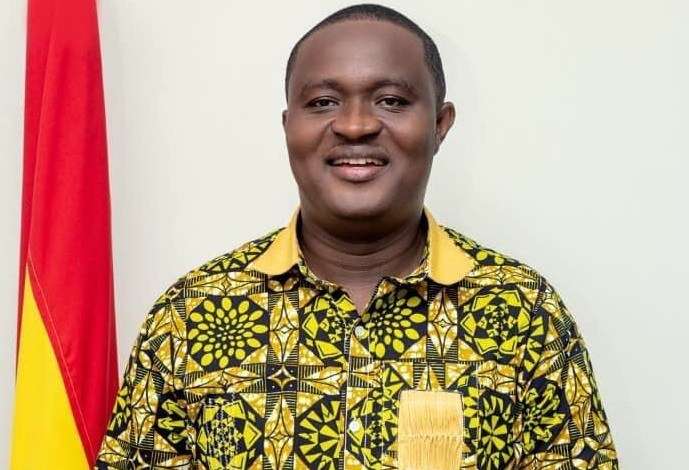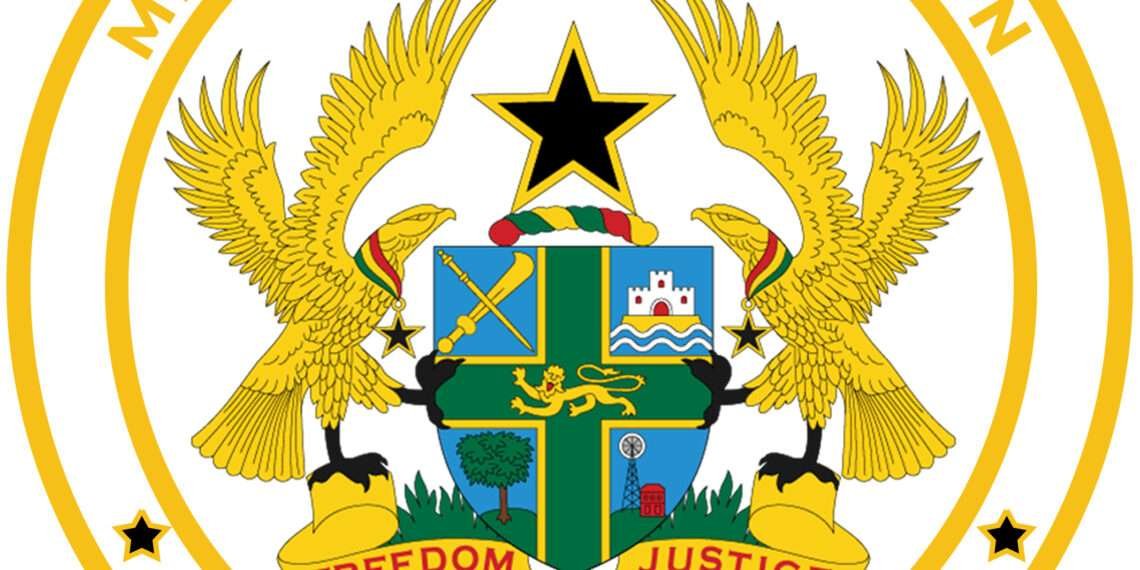In a recent address, Mr. Kwasi Kwarteng, the Spokesperson of the Ministry of Education has discussed the Ghanaian government’s approach to educational reforms aimed at aligning with 21st-century standards.
His remarks highlighted the Ministry’s strategic vision for reshaping the education sector to meet global expectations, with a particular focus on Science, Technology, Engineering, and Mathematics (STEM) education and modernized learning tools.
Mr. Kwarteng emphasized the Ministry’s commitment to equipping students with critical thinking and problem-solving skills, distancing from mere rote memorization.
Holistic Approach to Educational Reform
Mr. Kwarteng stated that the Ministry of Education views the current changes as a necessary, comprehensive overhaul of Ghana’s educational framework.
He explained that these efforts are not limited to one area but span multiple facets of the education system.
“For us in the Ministry of Education, we take this as an iron call to reposition Ghana’s education to be able to align with what pertains within the 21st century.”
Mr. Kwasi Kwarteng Spokesperson of the Ministry of Education
To address these challenges, Mr. Kwarteng emphasized the importance of building infrastructure for STEM learning.
He spoke about various initiatives like the establishment of STEM academies, senior high STEM schools, and career pathways, particularly in fields such as engineering and biomedical sciences.
By focusing on these disciplines, the Ministry aims to equip students with skills that are highly relevant in the global job market.
The Debate on Past Questions and Learning Outcomes
Mr. Kwarteng also touched upon the controversial issue of past question booklets as study aids.
He clarified the Ministry’s stance, arguing that the use of past questions does not necessarily affect learning outcomes or the quality of education.
“I do not necessarily believe that there is any correlation between, for instance, students using past questions as a guide for studies and, for instance, learning outcomes or quality of education.”
Mr. Kwasi Kwarteng Spokesperson of the Ministry of Education
According to him, the use of past questions and educational outcomes are separate matters that can be addressed independently while still achieving the desired results.
Mr. Kwarteng pointed out that, internationally, exams like IELTS and TOEFL also use question banks as a form of revision.
“These [past questions] just serve as a guide for ethical purposes… [they] situate whatever they are learning within the context of the syllabus.”
Mr. Kwasi Kwarteng Spokesperson of the Ministry of Education
The Move Toward Digital Learning Tools

The Ministry has shifted its focus away from distributing printed past questions, opting instead to provide digital resources through initiatives like the “One Student, One Tablet” program.
Mr. Kwarteng described this shift, explaining that past questions would no longer be printed but could be accessed digitally on students’ tablets.
“Government is moving away from this policy of investing in past questions, there wouldn’t be any need for you to print past questions if, at the end of the day, you’ve introduced one student, one tablet where you can upload these past questions.”
Mr. Kwasi Kwarteng Spokesperson of the Ministry of Education
Mr. Kwarteng clarified that the government had already halted its investment in printed past questions.
“2022 government did not spend money to buy past questions, and in 2023, same as such.”
Mr. Kwasi Kwarteng Spokesperson of the Ministry of Education
Expanding STEM Education at All Levels
“Even at the senior high schools, we are looking at engineering programs…we have junior high school model STEM schools which have been operationalized.”
Mr. Kwasi Kwarteng Spokesperson of the Ministry of Education
The Ministry intends to provide students with a strong foundation in STEM from an early age, preparing them for careers that require technical expertise.
The introduction of pre-engineering programs at the senior high school level also demonstrates a commitment to creating well-rounded educational pathways that align with students’ career ambitions. According to Mr. Kwarteng, “These are all part of the career pathway that we’ve created.”
Moving Beyond Rote Learning
One of the main criticisms of the current educational structure, Kwarteng acknowledged, is its focus on memorization rather than comprehension and critical thinking.
“Our educational structure as it is, is still churning out students who are focused more on memorizing than understanding and comprehending.”
Mr. Kwasi Kwarteng Spokesperson of the Ministry of Education
The Ministry aims to address this issue through its holistic approach, which encourages students to articulate their understanding and solve complex problems.
Mr. Kwasi Kwateng’s address underscored the Ministry of Education’s dedication to advancing Ghana’s education system to meet 21st-century demands.
By prioritizing digital tools over printed resources, investing in STEM education, and encouraging critical thinking, the Ministry aims to create a modernized learning environment that better prepares students for the future.
With initiatives like “One Student, One Tablet” and the expansion of STEM pathways, Ghana’s educational landscape is shifting towards a more comprehensive, skills-focused model designed to foster independent thinking and lifelong learning skills among its students.
READ ALSO; Cardi B Addresses Trolls Creating Disturbing Images of Daughter























